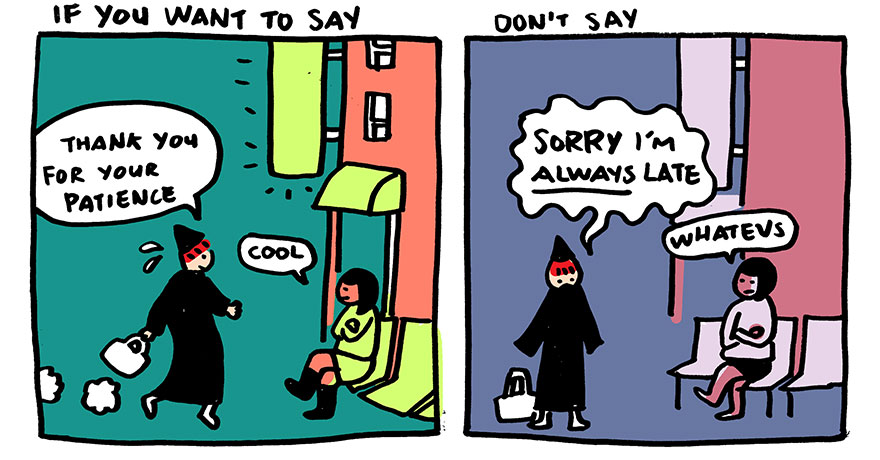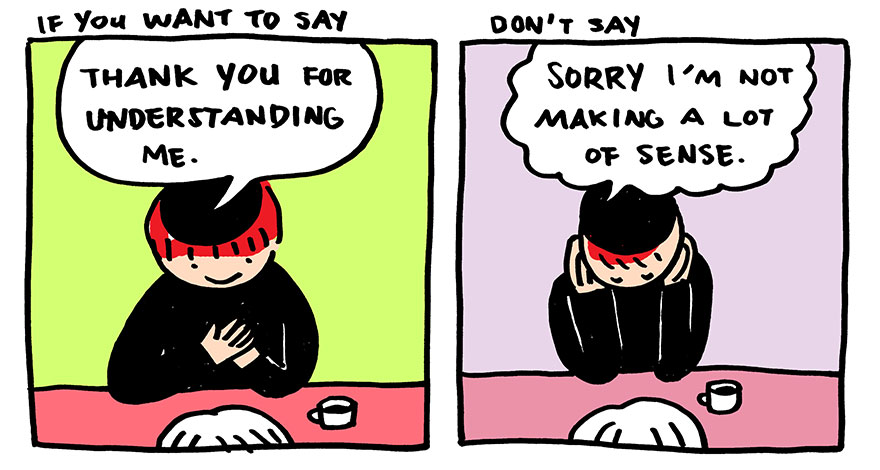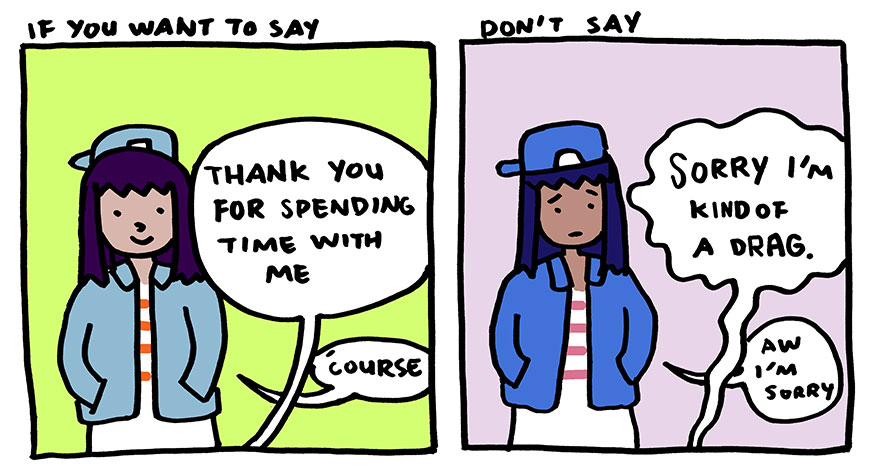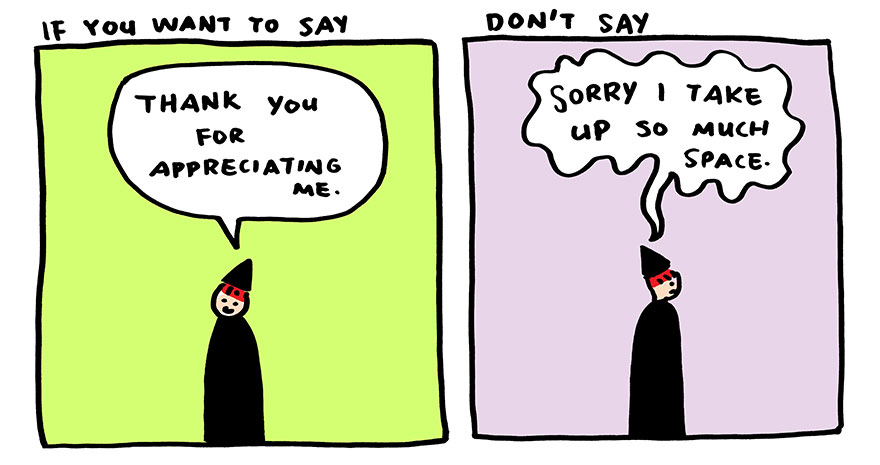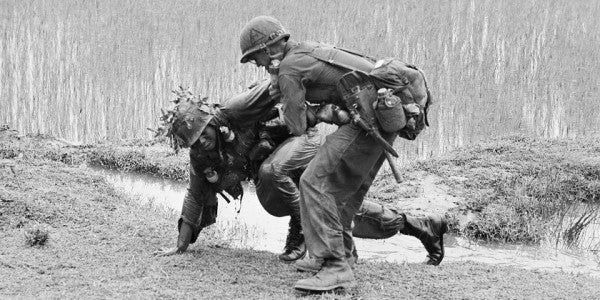The Verb, Not the Noun
It’s easy to get caught up in titles.
I’m a high achiever. I’m an athlete. I’m someone who is productive. Although these can be great for self-confidence, nouns can contain hidden dangers. Here’s three:
Firstly, nouns can narrow the boundaries of your self-worth. If you’re an “athlete” but suddenly suffer a traumatic injury, your identity is shattered. You will never again reach the level of excellence you once had; this can be severely disorienting. But if you think of yourself as someone who exercises, you still have scope to do that in your new circumstance. Verbs tend to have a broader scope than nouns, meaning your self-worth isn’t so limited.
Secondly, nouns can be wildly delusional. For example, a Christian is not something you are, it’s something you do. You take the steps to read the Bible; to treat people around you kindly; to let a God shape your life. It is not enough to think, “alas, I am saved! God will save me from all my sins.” Your actions; your decision to submit to a God must reflect your being. If your inner and outer behaviour is no different to an ordinary atheist, you’re probably deluding yourself.
Similarly, if you haven’t written, ran or read anything in years, can you really call yourself a writer, runner or reader? Or are you merely holding onto a past glory?
To get to know people, I used to ask strangers, who are you? I thought this question sounded deep and thought-provoking. But I’ve since found that a better question is, how do you spend your time? This is often closer to the truth in getting to know someone’s priorities.
Lastly, nouns limit the potential of who you can be. If you call yourself an artist, that almost predestines yourself to fulfil that title. Your world is focused around that one identity.
This can be great if you’re determined to succeed in one field alone. But as mentioned earlier, nouns can be volatile depending on changing circumstances. Your level of excellence right now may be your life’s peak. Instead, it’s much easier to not really be tied up to an identity and just be free to do things whenever you choose. We are verbs, not nouns.
From Stephen Fry:
Oscar Wilde said that if you know what you want to be, then you inevitably become it – that is your punishment, but if you never know, then you can be anything. There is a truth to that. We are not nouns, we are verbs. I am not a thing – an actor, a writer – I am a person who does things – I write, I act – and I never know what I am going to do next. I think you can be imprisoned if you think of yourself as a noun.





